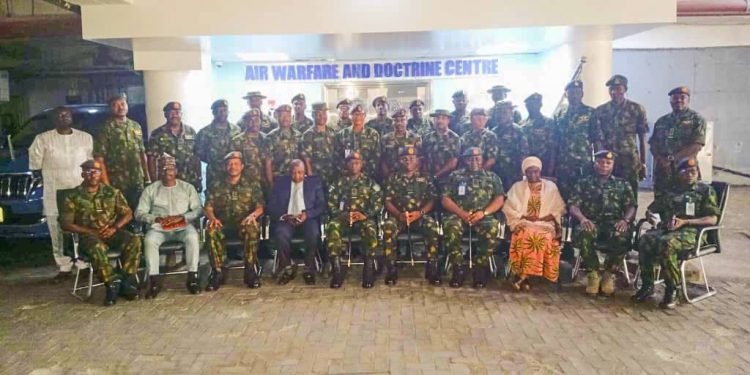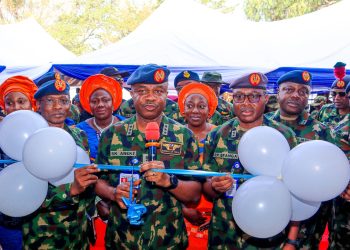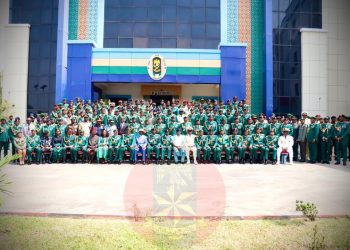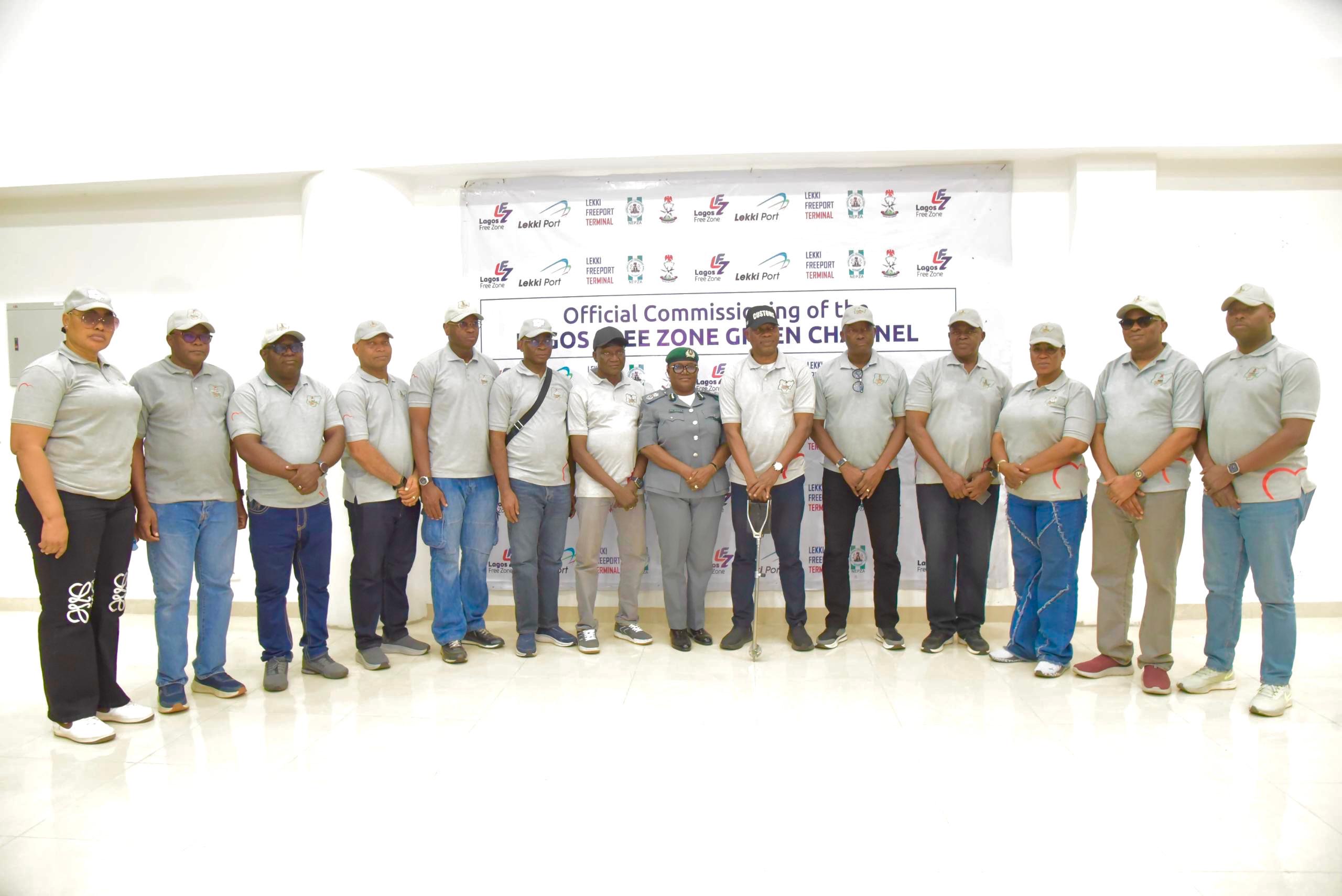By Nkechi Eze
The Chief of the Air Staff (CAS), Air Marshal Hasan Bala Abubakar, has declared that adherence to international humanitarian law (IHL) is not a hindrance to military operations but a powerful force multiplier that enhances effectiveness, strengthens trust with host communities, and promotes long-term stability.
Speaking at the closing ceremony of the Nigerian Air Force (NAF) Civilian Harm Mitigation training held on Friday, August 29, 2025, in Abuja, Air Marshal Abubakar, represented by the Chief of Civil-Military Relations, Air Vice Marshal Ibikunle Daramola, said that protecting civilians in conflict environments does not weaken combat readiness but instead fosters intelligence sharing and consolidates the NAF’s image as a professional and responsible military force.
In an official signed statement, the NAF’s Director of Public Relations and Information, Air Commodore Ehimen Ejodame, quoted the CAS as saying: “Adherence to international humanitarian law is never an obstacle to operational effectiveness; rather, it is a force multiplier. Protecting civilian lives fosters trust and cooperation from local communities, facilitates intelligence gathering, and contributes to long-term stability. It also strengthens Nigeria’s standing as a professional and responsible actor in the global security space.”
Reaffirming the Service’s commitment to global humanitarian standards, the CAS recalled that the NAF earlier this year launched its Civilian Harm Mitigation Action Plan, with a key element being the establishment of a dedicated Department of Civilian Harm Mitigation at the Air Warfare and Doctrine Centre. He explained that the just-concluded training served as a preparatory step towards the department’s full establishment and institutionalization of best practices for minimizing civilian casualties during air operations.
He added: “The department will function as the hub for NAF-wide training, analysis, and doctrine on civilian protection, thereby institutionalizing best practices for harm mitigation and response during air operations.”
The CAS urged the officers who participated in the training to embody professionalism, discipline, and accountability in all operations. While acknowledging that technology, platforms, and tactics provide the means to prosecute warfare, he emphasized that it is values, respect for human dignity, and compliance with international law that truly define the Nigerian Air Force as a force for good.
The Civilian Harm Mitigation training, which ran from August 11 to 29, 2025, was conducted in three batches and benefited 69 officers. Modules covered a wide range of topics, including international humanitarian law in Nigerian air operations, precision selection of ordnance to minimize collateral damage, application of Rules of Engagement, positive target identification, targeting categorization, the No-Strike List (NSL), and the Sensitive Target Approval and Review (STAR) process.
In his welcome address, the Commandant of the Air Warfare and Doctrine Centre, Air Vice Marshal Michael Ekwueme, expressed gratitude to the CAS for entrusting the Centre with the training and charged participants to apply their knowledge in their operational theatres. He underscored that the officers underwent a rigorous curriculum combining theory and practical modules designed to deepen their understanding of global treaties, including the Geneva Conventions of 1949 and their Additional Protocols, which guide the protection of civilians in armed conflict.
The training, according to the facilitators, has not only strengthened participants’ grasp of international humanitarian law but also enhanced the NAF’s institutional capacity to conduct operations in line with global standards of civilian protection and accountability.
















